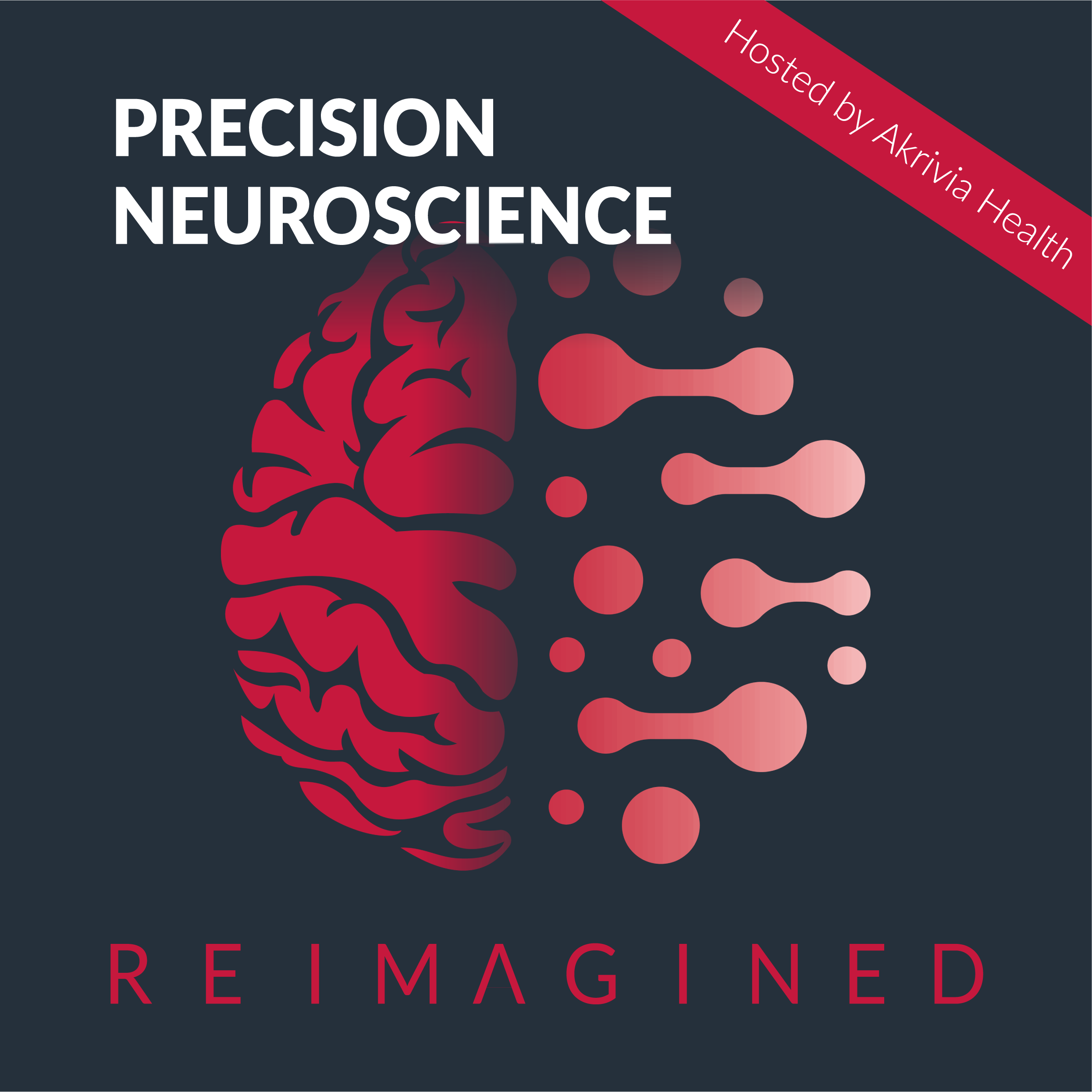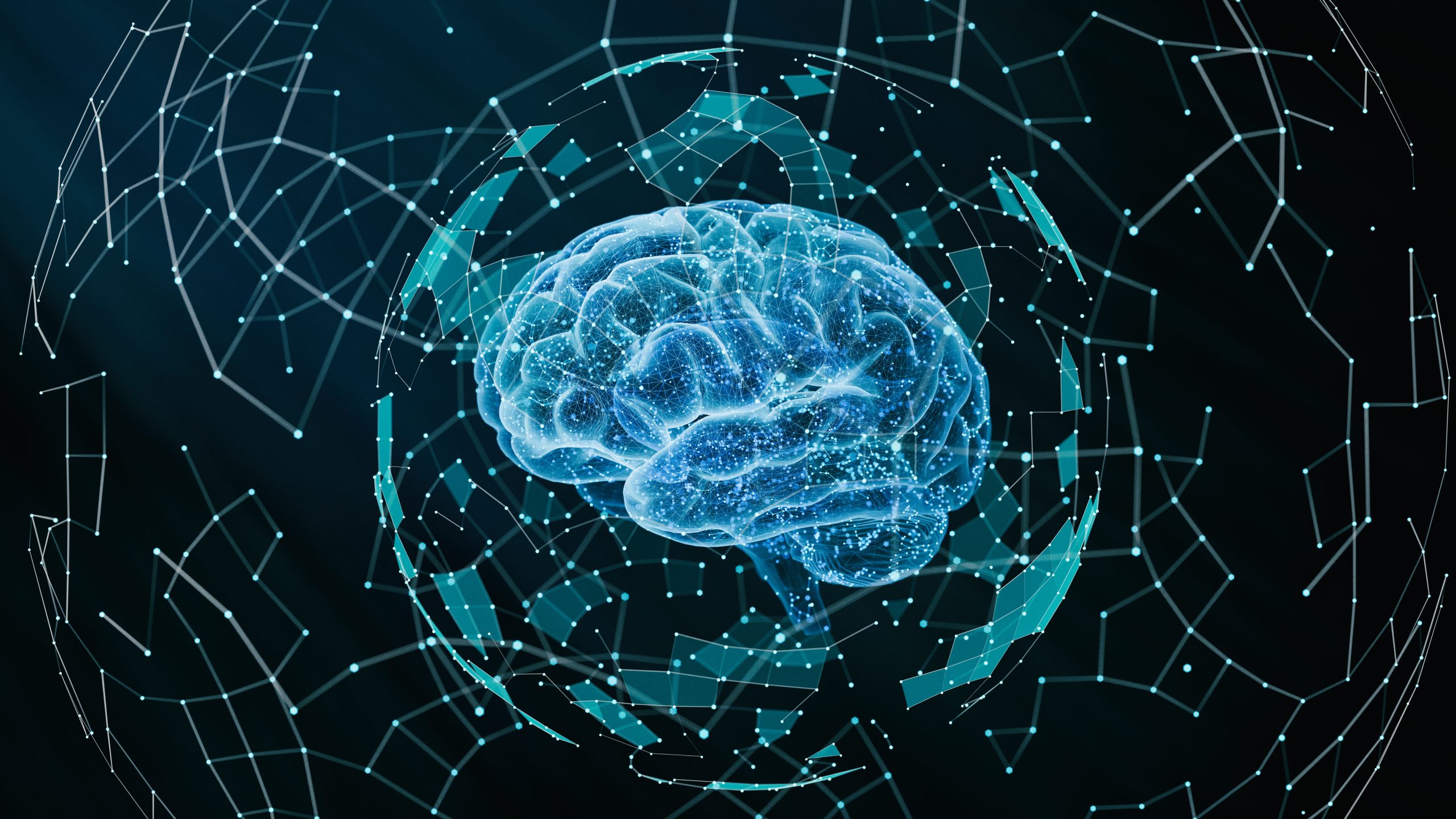Akrivia Health gives researchers the tools and support to change the trajectory of research within research.
Explore the work our community of clients, collaborators and real-world evidence experts have achieved with the largest and richest repository of real-world data in dementia and psychiatric conditions.
Inspiration

Precision Neuroscience Reimagined: Privacy by Design
In this episode of Precision Neuroscience Reimagined, Tina is joined by Simon Pillinger, Head of Information Governance, Ethics and Patient…

Breaking Barriers: Women in AI
Join Tina in a captivating conversation with Gloria Roque, Annotation Lead at Akrivia Health, as they unravel the intricacies of…

Focusing in on real-world evidence and its capabilities
The surge in real-world data presents opportunities for greater understanding of patients and conditions, but it needs standardising and harmonising…
Publications

What is the patient re-identification risk from using de-identified clinical free text data for health research?
Authors: Elizabeth Ford, Simon Pillinger, Robert Stewart, Kerina Jones, Angus Roberts, Arlene Casey, Kasey Goddard, Goran Nenadic. Published online on…

Akrivia Health Database—deep patient characterisation using a secondary mental healthcare dataset in England and Wales: cohort profile
Authors: Ana Todorovic, Philip Craig, Simon Pillinger, Panagiota Kontari, Sophie Gibbons, Luke Bryden, Tarso Franarin, Ceyda Uysal, Gloria Roque, Benjamin Fell Correspondence to Dr Ana Todorovic; ana.todorovic@akriviahealth.com Publication on BMJ Open:…

The Akrivia Health Secure Data Access Service
Akrivia Heath curates a dataset of over 6.3 million patients’ electronic health records (EHRs) from secondary care psychiatric healthcare organisations…
Events, Webinars & Videos

Who we are
When a research team from Oxford University and expert practitioners from the NHS founded Akrivia Health in 2019, they were inspired by always asking the same simple question: what if? https://www.youtube.com/watch?v=jWj2bAlQnlw What if mental health and dementia treatments and services were failing patients because they were based on a misunderstanding of these conditions? What…


